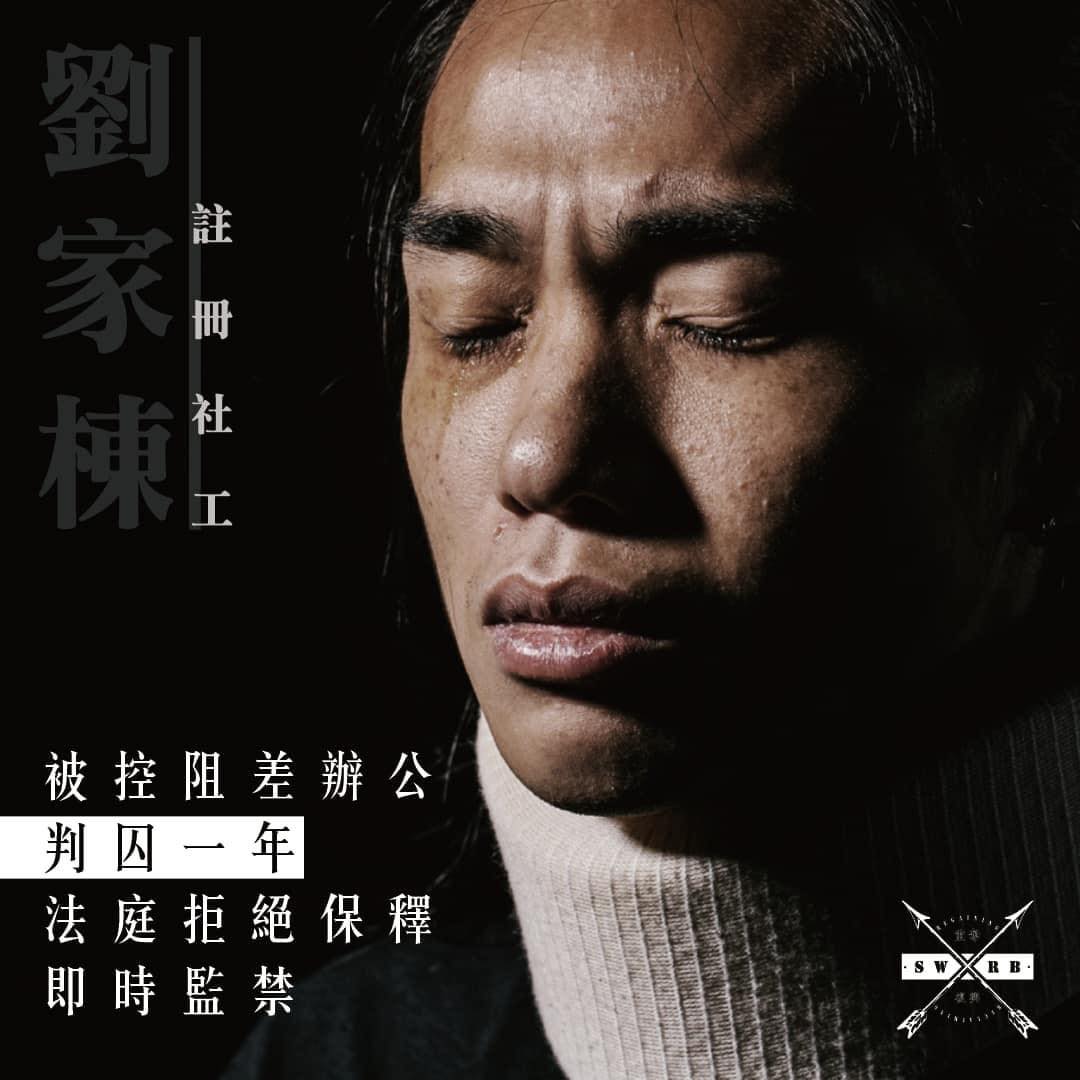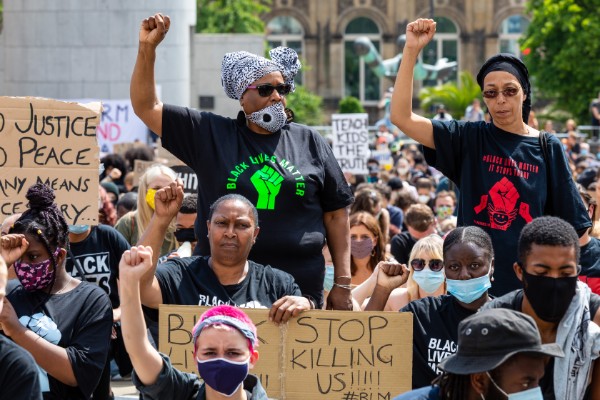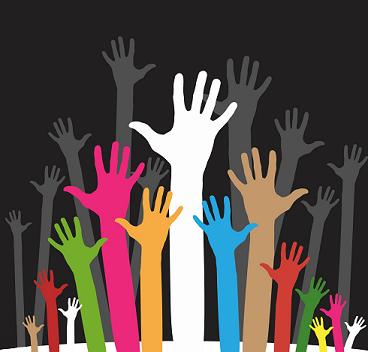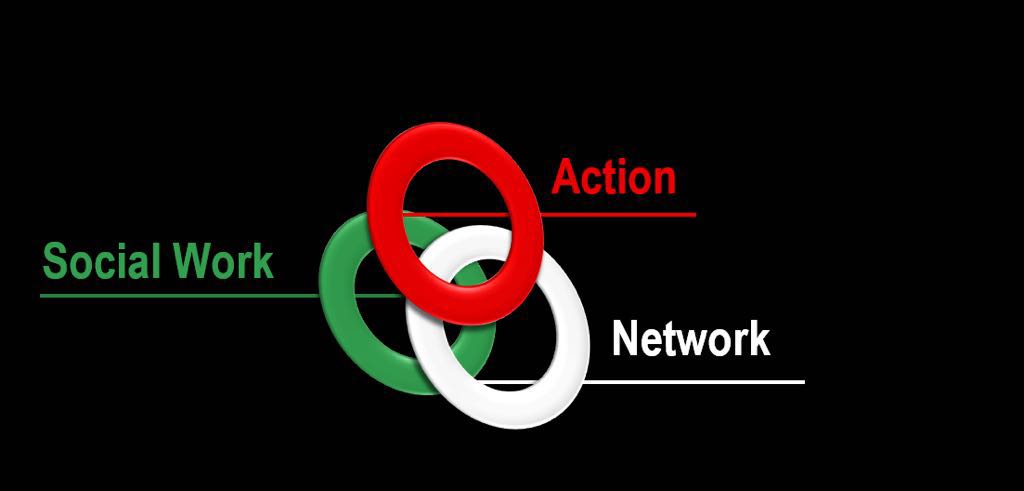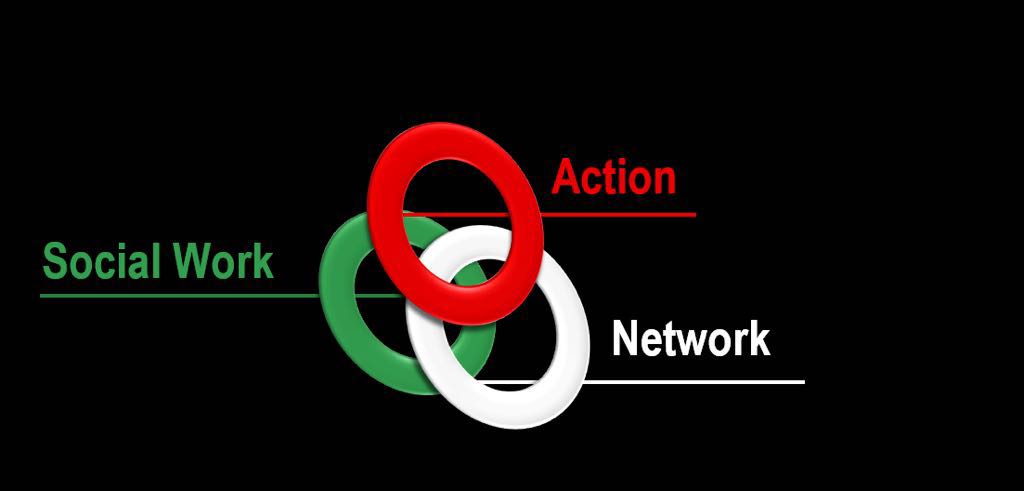…and where this sits in the broad context of Children and Families social work. Read this interview with a Children and Families practitioner, as they reflect upon how COVID has stressed the inadequacies of modern social work.
“I just don’t believe in what we are doing anymore.”
Working during COVID has highlighted a lot of issues in
Children and Families social work for me. When you take away being able to sit
with people in their homes and have open and empathic conversations, we are
left with nothing to offer.
We all go into social work with – well it’s supposed to be
about working with families, doing direct work and make a difference.
Personally I wanted to do this job because I felt I had a lot of life
experience. In the child protection teams, I wanted to be with people in crisis
but I think quickly I have realised that the system doesn’t work.
- Because of this government (and we can’t get past the fact that things come from above), we are not funded enough and all of our preventive services have been stripped away. That directly impacts us because we go into families who are in crisis who could have avoided this is if they had preventative services earlier. I feel maybe like a hypocrite. I am going in representing a child protection system, perhaps in pre-proceedings, and our service doesn’t take into consideration or admit that if we had offered proper preventative services it would not have got to this stage.
“You need therapy but I can’t give it”. “Your child needs xyz but the services aren’t available so we ae gong to court to ask for a care order”. It doesn’t sit right. The higher above agenda is stat driven. It’s not about the families. If this was proper social work, as it’s meant to be, I could really do some good work here, I could go in and build relationships, give these kids time, do family work. But instead I get told to close them when they are at the Child In Need s17 threshold.
2. CIN cases are being forced closed by management too soon, due to COVID pressures. Objectively I get that these cases aren’t always about safeguarding against immediate and significant harm, they are more about giving support – we aren’t allowed to do it. I have families asking us NOT to leave or close the case because our presence is working. The kids don’t want to be left without anyone. Mums say “you all leave me, when you are there you help – then you leave, it goes down and I come back in a worse place in the system”.
If it’s not Child Protection s47 then you have to close it. COVID has cranked up the pressure on our service and therefore on CIN cases. What’s the point of CIN if they get closed instantly? It’s there in law! Why are we ignoring them? We are being pushed to close all CIN cases. Where is the value of S17 of the Children’s Act? We are misleading families about the levels of involvement and engagement when we force workers to close CIN cases during times of pressure like this. I’m so conflicted. Half of me says we should not be involved unless absolutely necessary because the system is so bad. So destructive. We infringe on their rights. The other half wants to do the proper work, to get in early. Social care shouldn’t be about removing children. We moan about the media portrayal of social work but can you blame them? We have created this monster.
3. The risk aversion in management is paralysing. I have been led to believe I can make a difference in cases where then I have found out my manager has made decisions with legal without my knowledge. When I challenge this I am told “You have become too emotionally connected to the family”. They are trying to gaslight me into thinking I was not making a sensible assessment. Why is emotional attachment being trained out of us? Our social work values are meant to play a part. Yet being robotic is the only way apparently to make a decision. It’s not all meant to be on data, it’s meant to be a consideration on how the child will emotionally react.
4. There is no guidance to making major decisions like this during COVID. Mothers are asking to have contact in the park etc with their children now that lockdown has been eased. We are saying no. There is NO WRITTEN GUIDANCE. Why have SWE not sent any guidance out? Why has the LA not issued any guidance in writing? Why have we had no email explaining how to work during COVID? Why is there no centralised file with COVID guidance accessible by all? Where are the copies of the risk assessments? This is not a mistake – this is deliberate. It’s suspicious that we are told to visit within houses verbally only, no paper trail. If someone tries to sue the LA because we have spread COVID, there is no paper trail to show we were told to go in to houses. We will be blamed for making personal decisions on a case by case basis. This is not an accidental situation. And that is the worst thing for me.
5. The Court system under COVID is problematic. It is a doable system but not a fair system. From a worker’s perspective, court is horrendous anyway. Especially when giving evidence. Everybody’s emotions are high. At least when you are physically there you can leave it behind in a different building – it isn’t actually taking place in your home! I can’t process that I had 4 court hearings last week and all that happened with me in my house. I have been cross examined and heard these stories whilst I’ve been sitting at home. I can’t escape it. There is no office environment for a debrief. I also have to look after my own child straight after these court sessions. It’s impossible to switch off. This is not my safe space at the moment. The pressure of trying to juggle being a parent, working during lockdown, and trying to manage safety around visiting families during a pandemic has been minimised and dismissed by judges. Legal teams have told us not to raise any of this for consideration when court mandated plans are created. Are we working with reality or fantasy?
Alongside this, I cant speak to legal to take advice during the hearing, there are no sidebar moments where we are waiting outside the room, talking through what to say next. It helps to process things. Nothing can ever replace face to face conversation in that kind of serious situation. We mustn’t pretend it’s a suitable replacement. In one case, from the mum’s point of view, she wanted to speak to us face to face: she wanted to explain herself and give evidence looking at people. They denied her the chance to do it over a video call. They said no, that the technology was not set up for that. For her that was a big thing. And she has to do all of this from home and it’s really not a safe space for her.
6. Key resources have shut down during COVID such as psychological assessments that feed into our court planning. So we are having to decide whether we are going from pre-proceedings to court without the essential assessments. They are normally independent social workers who now don’t have to work. Is this a breach of rights? No-one knows how to handle this situation, fair enough. But everyone looks to social work to keep going regardless. But we can’t do this alone and we need other services to get involved. We need early help and youth workers to keep engagement, we need psych assessments and cognitive assessments to happen fairly. We aren’t trained to deliver domestic violence work with perpetrators etc. but we are expected to by court and management. It’s a false sense of security during this pandemic. Because SW doesn’t offer solutions anymore, only monitoring, what we do becomes hugely oppressive when the external resources back off. If we don’t put the resources in place and then the court feel we have not evidenced that its safe enough for children to go home to their families, then we are responsible for tearing children out of their homes.
What should happen
after COVID goes away? What will we learn and where should we be going in the
future?
As a public service we should be treated as importantly as
the NHS regarding policy and guidance. We are being forced to do things beyond
good guidance.
The system is so broken that I am not sure what is saveable.
The entire system needs an overhaul and we need a new government to even stand
a chance. We are not funded, we are scapegoated as a service that should do
everything. Are we being represented enough as a public service by the Labour
party?
We need grassroots social work, properly funded. We need
space to talk about structural oppression alongside trauma rather than just
look at thresholds.
